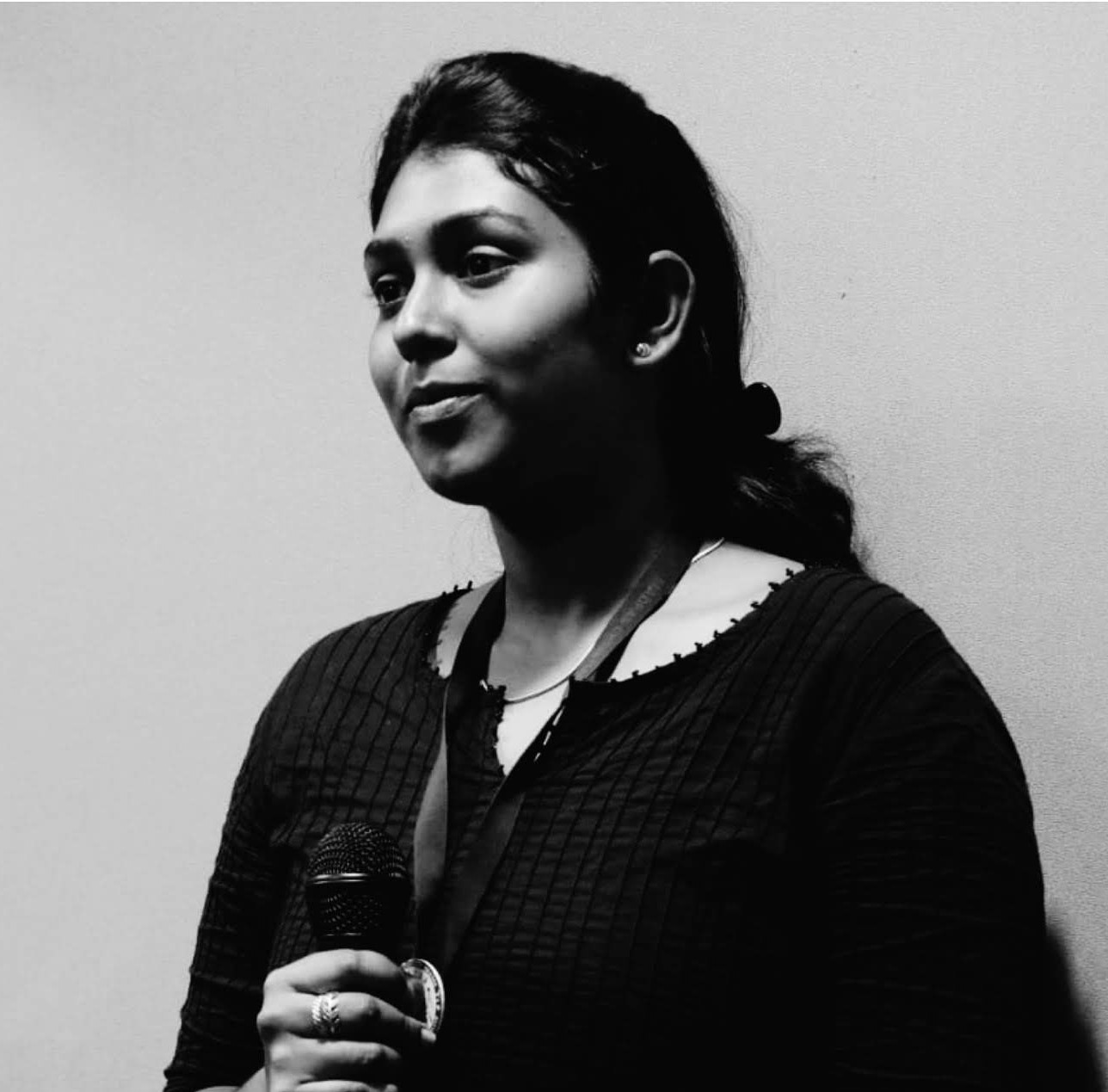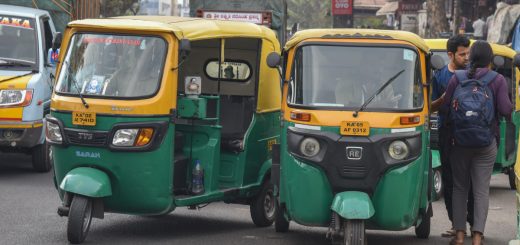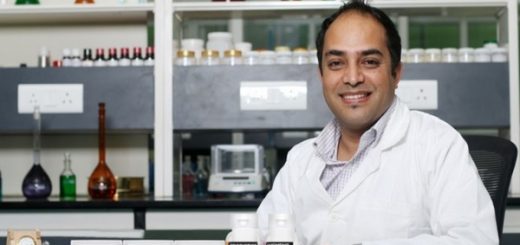Chennai doctor recovered from COVID-19 and resumed to work

Dharshana Kathiresan, INN/Chennai, @infodeaofficial
In the wake of the Coronavirus pandemic, the health of the world rests delicately on the shoulders of our health experts. In several cases, the frontline workers are more prone to the virus and fall victim.
Let us take a look at one such story from Chennai, where a doctor battled against the virus and has now returned back to his service.
Dr.A.Ravi, Professor of Medicine at Stanley Medical College, also the Nodal Officer for COVID-19 treatment at Stanley Hospital, Chennai, Tamilnadu, recently tested positive for coronavirus.
Ravi was actively involved in inward duties and cooperated with the Chennai corporation and health officials regarding the patient details. One day, he suddenly felt an unusual amount of tiredness overtake him.
Soon after that he was down with high temperature and started losing his sense of taste in food. “After suspicion, I tried eating a Chilli, but I didn’t feel the spicy taste at all. I got tested after that ”, said Ravi. His test results came positive on May 21.
As per protocols, his hostel room in the college premises was disinfected and he was shifted to an isolated place.
“The first five days after the detection of the virus was very hard. I couldn’t sit up and rest for more than half an hour, the fatigue was so profound. Also, the temperature saw a rise during the evenings and made it even more difficult for coping up. I could hardly eat two idlis and my appetite was completely lost” said Ravi.
His daily routine involved two doses of medicine (such as Azithromycin and Hydroxychloroquine; Morning and Evening) along with a drink of Vitamin C water. His food diet mainly consisted of easily digestible and baked foods like Idli and Dosas. He mentioned that the same diet is followed for the patients in the isolation ward.
Other than this the patients are also given Kabasura Kudineer (a traditional Siddha medicine), Turmeric Milk, and Tea. As per protocol, he received calls from the Corporation officials, daily, checking on his health.
He added, “People should know how their body reacts to food. If they are losing appetite they need to take light foods, in order to ease the digestion process.”
On the 10th day of his isolation period, his repeat sample tested negative and he soon started to feel the decrease in symptoms. “Now I feel better than during the isolation period. But still, I sense being tired if I spend more time walking.
After-effects are still present but in a mild manner. I even lost 4 kilos after being affected by the virus”, he said.
Much to our admiration, he wanted to continue with his work, even though he just recovered from the infection and had a provision of extending his leave. Currently, he is coordinating with the Control Room of the hospital where COVID related statistics are compiled.
“I was highly involved in ward duties and used to work till 12 pm at night. But after testing positive, all that got frozen. It became very difficult for me, as I am a person who continuously sticks to the working schedule and it was disturbing to pause the duties and take rest.”
Additionally, he mentioned that it’s very vital for people with uncontrolled diabetes mellitus to regulate their sugar levels, as they are more prone to the infection.
Unnecessary fear could be avoided but at the same time, people should be cautious enough to take proper social distancing measures.
He also requested people to not harass the COVID recovered patients as they are highly vulnerable at that point and they should be treated with care.
He suggested people to take care of their immune system, along with maintaining a proper sleep pattern, as that helped his recovery. Highlighting the point that stressing oneself does not help during this process, he said that people need to keep their mental wellness on track to recover at a good phase.
When asked about what people should do if they sense any symptoms he responded, “If people develop symptoms for Influenza-Like Illness(ILI), they shouldn’t approach pharmacies for self-medication, instead they should approach the respective hospitals.”




